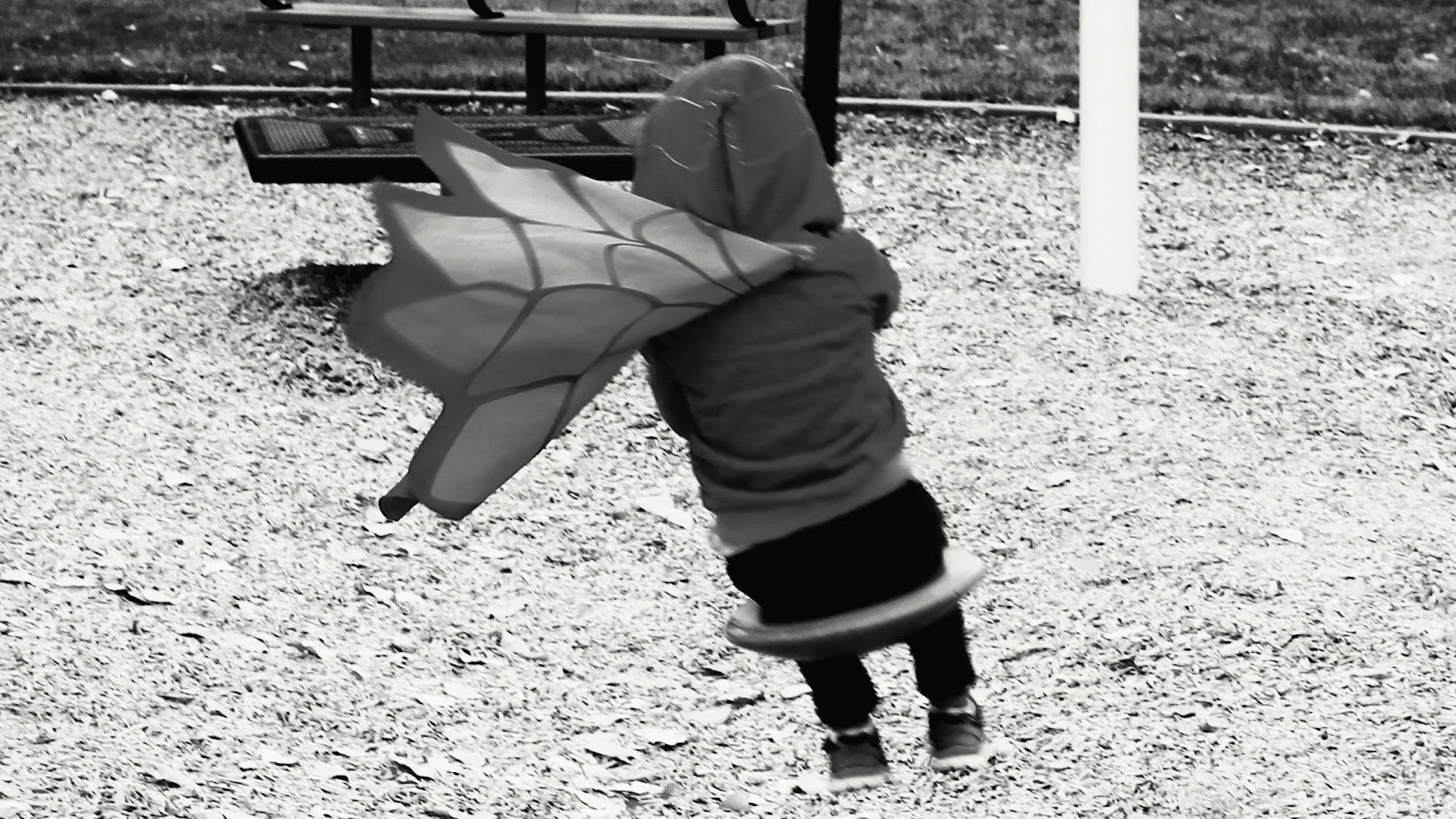Search by topic, theme, or feeling

Not All in Your Head: Somatic Approaches to Anxiety
Anxiety is not always a product of “overthinking”; it is often a legitimate response to tangible external pressures. By integrating somatic strategies that honor this reality, we can build resilience without dismissing the very real stressors that shape our lived experience.

The Transformative Power of a Late Neurodivergence Discovery
A later-in-life neurodivergence diagnosis can provide the essential framework to rebuild.

A Somatic Look at Eating Disorders and the Nervous System
When an individual's fundamental sense of autonomy feels chronically threatened, the nervous system can deploy powerful survival strategies.

Decoding Suicidal Ideation in Trauma Survivors
The emergence of suicidal thoughts following trauma is often not a desire to die, but a desperate, somatic plea for the overwhelming pain to stop.

Loneliness and Friendship in the Neurodivergent Experience
Loneliness within the neurodivergent community is not a personal failing but often a result of navigating a world designed for different social operating systems.

Parental Rupture and Repair: An Object Relations Guide to Somatic Attunement with Children
Attunement is less about perfect connection and more about the courageous practice of returning to it after a rupture.

Healthy Regulation or A Rut? Neurodivergent Routines and Rituals
For many neurodivergent individuals, ritual and regularity are not preferences but essential tools for nervous system regulation.

A Compassionate Look at Neurodivergent Meltdowns and Support Strategies
A neurodivergent meltdown is an overwhelming physiological response to being overloaded, not a behavioral choice.

When Realities Collide: Understanding Unintentional Gaslighting
In neurodivergent-neurotypical relationships, a fundamental difference in information processing can create a dynamic where one partner feels their reality is being denied, even without any malicious intent.

Why Neurodivergent People May Thrive in Somatic Therapy
Traditional talk therapies like CBT often operate from the top down, focusing on changing thoughts to influence emotions and body states. In contrast, somatic psychotherapy works from the bottom up, helping clients regulate their nervous system to create new cognitive and emotional experiences.

Navigating Neurodivergent Energy Systems and Burnout
We are not powered by a single battery but by an array of them.

Understanding Sensory Issues in Neurodivergent Individuals and Pathways to Accommodation
Neurodivergent individuals often face sensory processing challenges that impact daily life. Therapists can help identify these needs and advocate for accommodations to foster inclusivity and well-being.

Navigating Conversational Pauses: Challenges and Strategies for Hyperverbal Neurodivergent Individuals
Hyperverbal neurodivergent individuals often struggle with conversational pacing, leading to unintentional interruptions.

Neurodivergence and Difficulties with Small Talk
Neurodivergent individuals often connect through cognitive depth rather than intuitive small talk, leading to misunderstandings in social and romantic relationships.

Emotional Rigidity in Neurodivergent Individuals and Its Impact on Relationships
Neurodivergent individuals often process emotions through a lens of logic and facts, which can leave neurotypical partners feeling unheard.

Time Blindness and Neurodivergence
Time blindness in neurodivergent individuals can strain relationships but is manageable with strategies, understanding and collaboration.

Joint Attention Exercises for Neurodivergent Relationships and Families
Neurodivergent individuals may experience joint attention differently, which can affect relationships.

Trauma Integration and the Ripple Effect
Trauma integration brings clarity and revelation, yet its ripple effect means unresolved layers may surface later, often catching us off guard.

The Impact of Memory Holes on Neurodivergent Individuals and Their Relationships
Memory lapses in neurodivergent individuals can strain relationships, often misinterpreted as gaslighting. Understanding spiky abilities and fostering empathy can help bridge these gaps.

Understanding Fragmented Memory Encoding in Trauma Survivors
Trauma reshapes how memories are stored, often leaving survivors with fragments instead of a full story.
